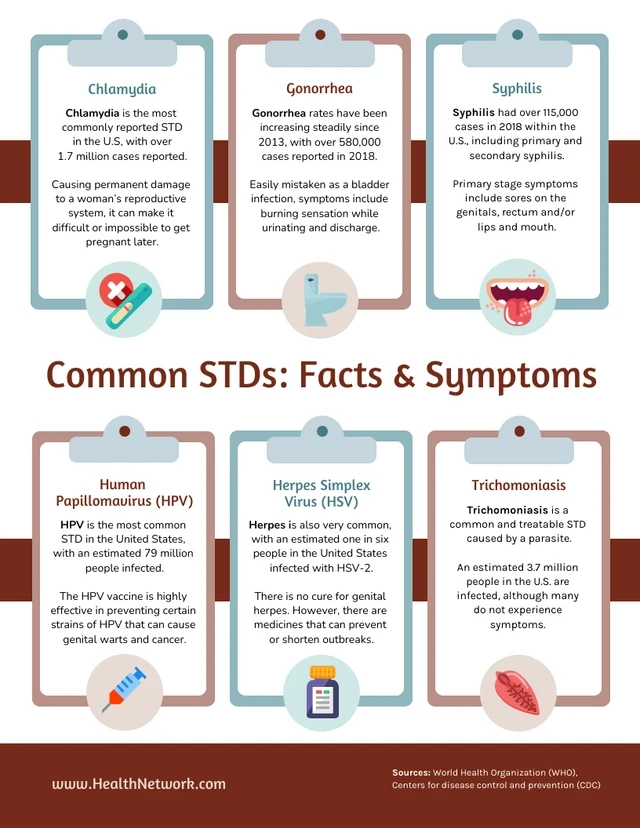Sexually transmitted infections (STIs) are a serious health concern for women, with millions of new cases reported each year. In this article, we will discuss some of the most common STIs that affect women, their symptoms, and how they can be prevented.
1. Chlamydia
Chlamydia is one of the most common STIs in the United States, with over 1.7 million new cases reported each year. Many women with chlamydia do not experience any symptoms, which is why regular testing is essential. However, some common symptoms of chlamydia in women include abnormal vaginal discharge, painful urination, and abdominal pain. To prevent chlamydia, it is important to practice safe sex, including the use of condoms.
2. Gonorrhea
Gonorrhea is another common STI that can affect women. Like chlamydia, many women with gonorrhea do not have any symptoms. However, some women may experience symptoms such as abnormal vaginal discharge, painful urination, and pelvic pain. Gonorrhea can be prevented by practicing safe sex and getting regular STI screenings.
3. HPV
Human papillomavirus (HPV) is a common STI that can lead to cervical cancer in women. While most cases of HPV do not cause any symptoms, some women may develop genital warts. The best way to prevent HPV is by getting the HPV vaccine and practicing safe sex.
4. Herpes
Herpes is a viral STI that can cause painful sores on the genitals. Women with herpes may experience flu-like symptoms, swollen lymph nodes, and itching or burning before the sores appear. Herpes outbreaks can be triggered by stress, illness, or changes in hormone levels. To prevent herpes, it is important to practice safe sex and avoid sexual contact during outbreaks.
5. HIV/AIDS
HIV/AIDS is a serious STI that damages the immune system and can lead to life-threatening illnesses. Women with HIV/AIDS may experience flu-like symptoms, swollen lymph nodes, and chronic fatigue. HIV/AIDS is transmitted through blood, semen, vaginal fluids, and breast milk. To prevent HIV/AIDS, it is important to practice safe sex, avoid sharing needles, and get tested regularly.
Prevention Tips
– Practice safe sex by using condoms
– Get regular STI screenings
– Get the HPV vaccine
– Avoid sharing needles
– Talk to your partner about STIs and sexual health
Conclusion
STIs are a serious health concern for women, but with proper prevention measures and regular STI screenings, they can be effectively managed. It is important for women to educate themselves about the symptoms of common STIs and prioritize their sexual health. By practicing safe sex and getting tested regularly, women can reduce their risk of contracting STIs and protect their overall well-being.
